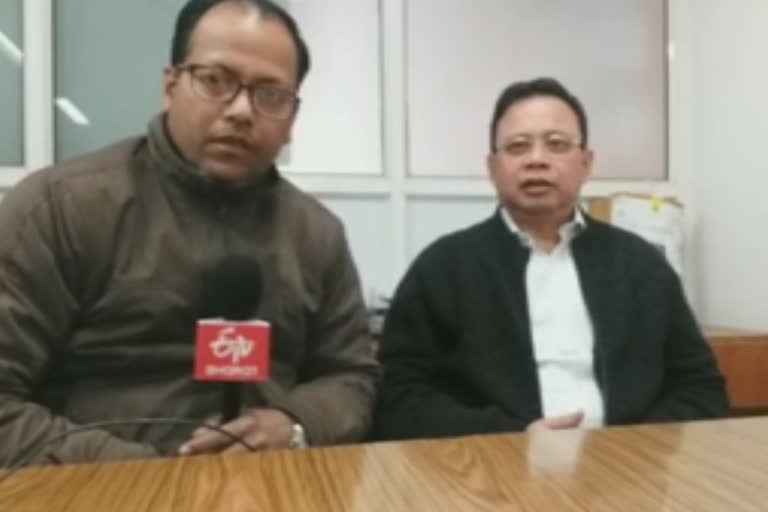New Delhi: Against the backdrop of historic Bodo Accord, senior Supreme Court lawyer and convenor of Forum against Infiltration Upamanyu Hazarika said that the accord will create more chaos as it (Accord) has neglected the non-Bodos.
Talking to ETV Bharat, Hazarika said that the non-Bodos living in Bodoland areas should have been properly consulted.
"The Accord will create more problems, than resolving any, further truncating rights of non-Bodo indigenous communities in the BTAD areas, who have not been even consulted in an Accord which impacts them," said Hazarika.
He accused that Chief Minister Sarbananda Sonowal and his government have widened the rift between indigenous communities and further worsening the status of non-Bodos indigenous communities in Bodoland Territorial Area District (BTAD) now Bodoland Territorial Region (BTR).
ALSO READ | EC removed my name from 'star' list, not from campaign: Parvesh Verma
Hazarika said that rather than enhancing the powers of the Bodoland Territorial Council (BTC), the need was to review the working of the Council established in 2003 the experience of which has been that the indigenous non-Bodo population have been reduced to second class citizens after the establishment of the council by reserving 25 out of the 40 seats in the council for Bodos who comprise only 27 per cent of the BTAD population."
He said that out of 525 ethnic communities in India, 115 alone are in Assam and in maximum areas several ethnic communities co-exist.
"Any policy aimed at the advancement of any one community is bound to have implications for the co-existing ones and which is today the case with BTAD areas," said Hazarika.
It may be mentioned here that the All Bodo Students Union (ABSU) and Government of India have signed the first accord in 1993. This agreement resulted in the creation of a Bodoland Autonomous Council (BAC) with some political powers.
The second Bodo Accord was signed in 2003 between the Government of India and erstwhile Bodo Liberation Tigers (BLT).
This Accord resulted in the formation of BTC. The areas in BTC are commonly known as BTAD.
ALSO READ | Cabinet approves Medical Termination of Pregnancy (Amendment) Bill, 2020



